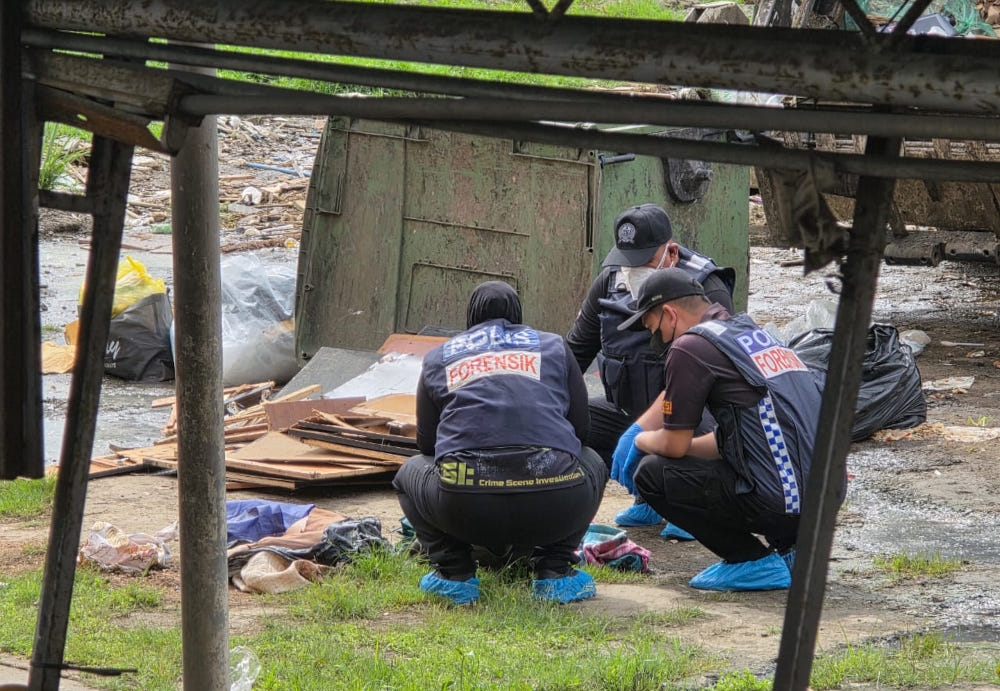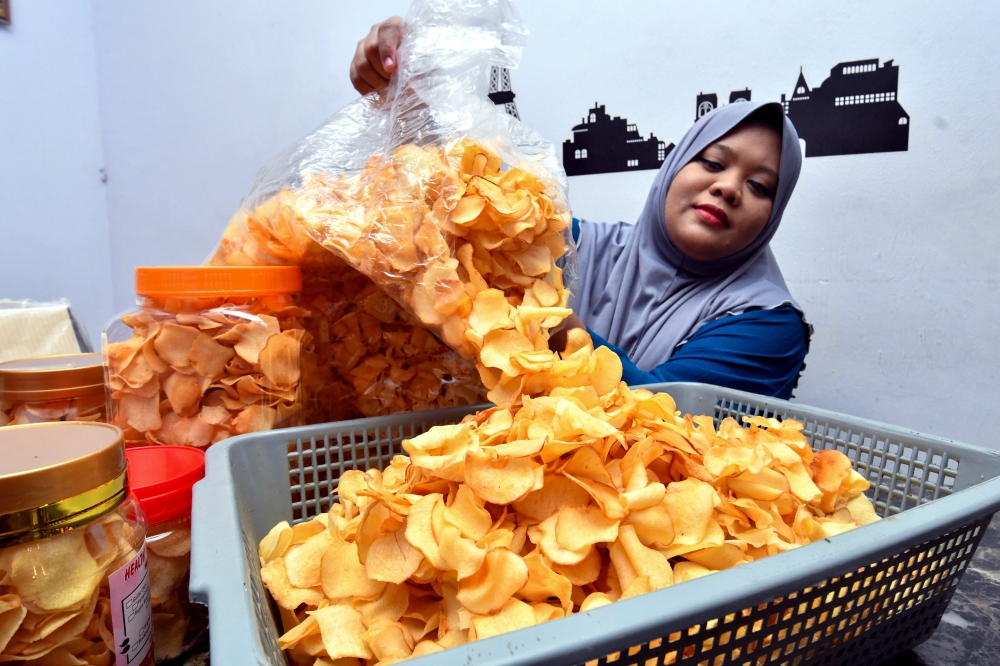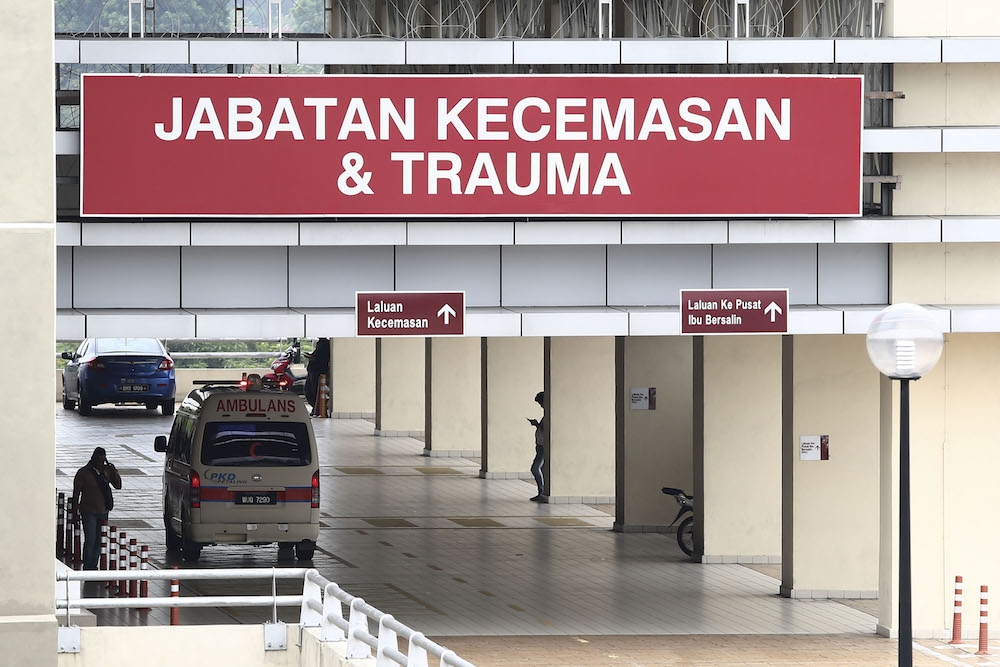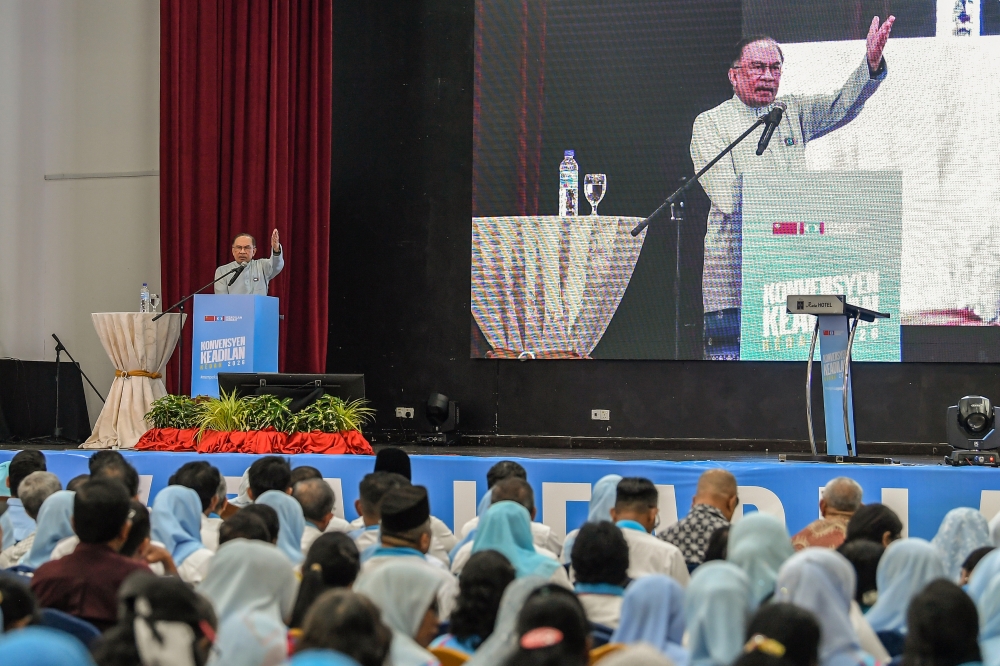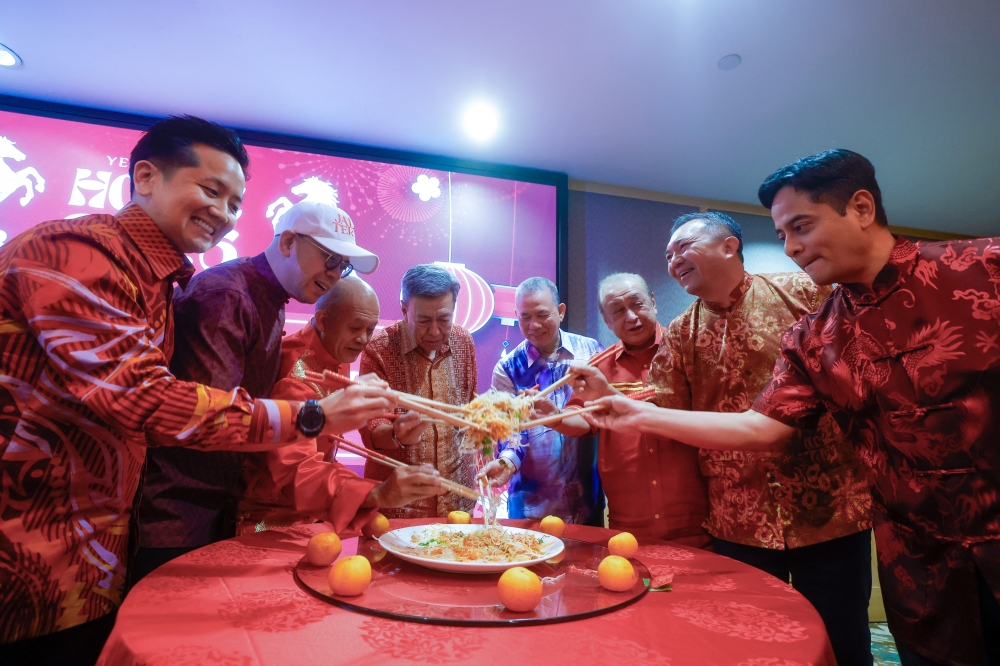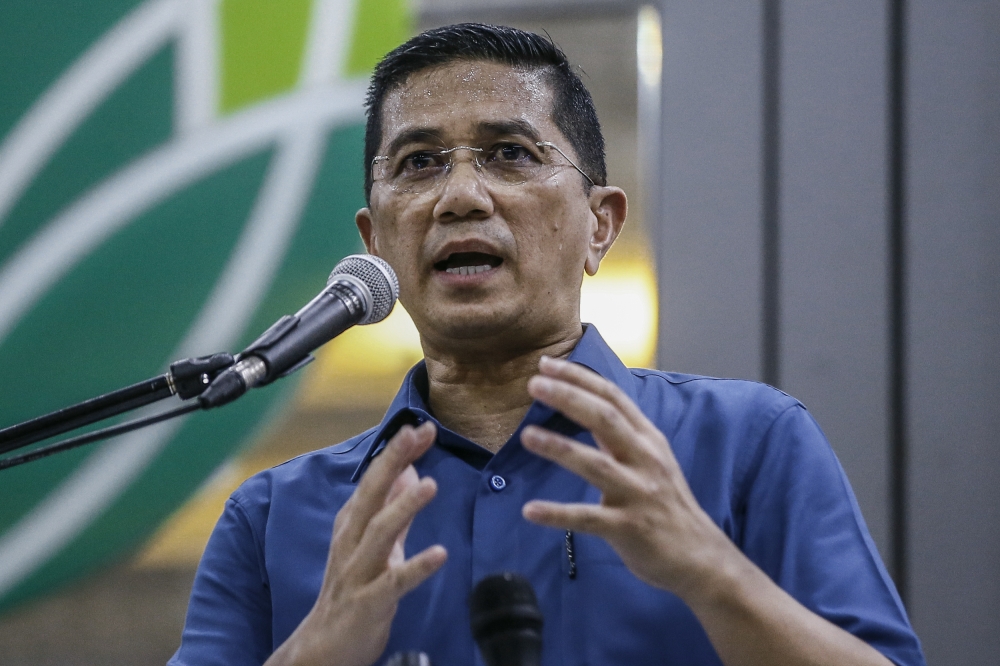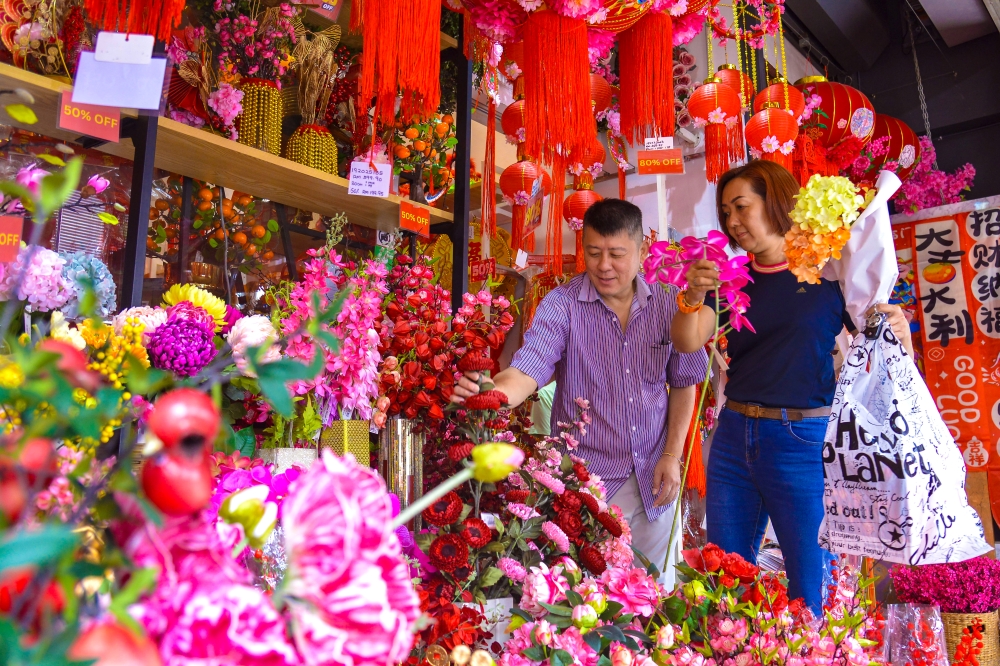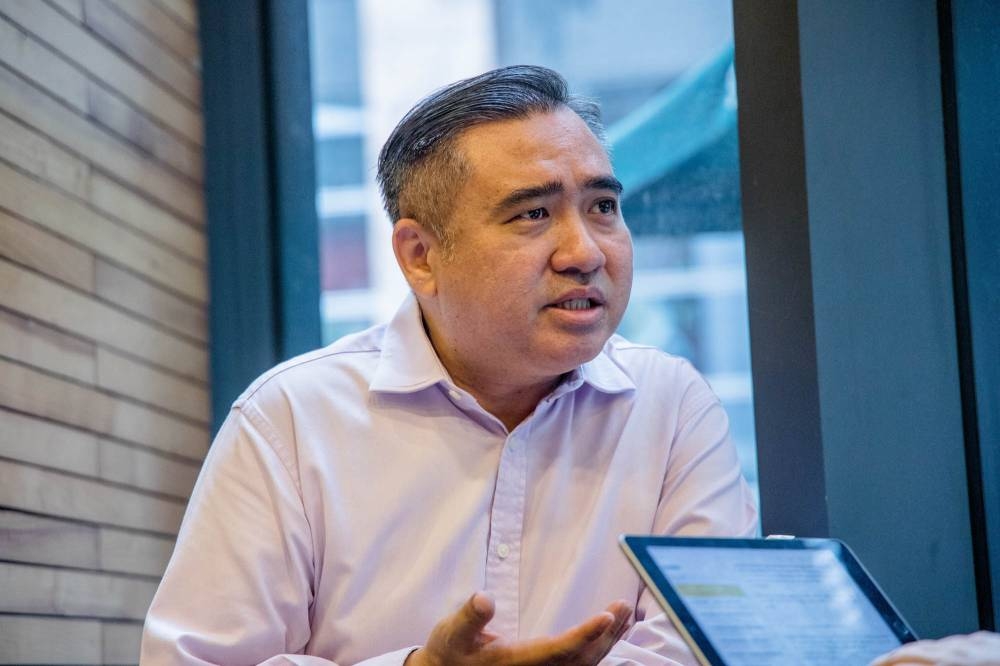KUALA LUMPUR, June 18 — DAP’s biggest challenge for the next general election is to motivate Malaysians to go all out and cast their ballots, according to its leader Anthony Loke Siew Fook.
The Opposition party secretary-general said that many Malaysians who voted in Election 2018 appear to have given up on politicians after the Sheraton Move in 2020.
“I think the ground needs to be fired up again, but the challenge is how do we fire up that support,” he told Malay Mail in a recent sit-down interview.
The second-term Seremban MP doesn’t think the DAP has lost its core group of supporters but acknowledged that there is a certain number of voters who were disappointed with the political shenanigans of the past two years and who think it may be better to go with the Barisan Nasional (BN) in the next polls.
These are the fence-sitters who will switch sides in elections, Loke said, adding that it will be an uphill climb to regain voter confidence again.
While this may be a downer, Loke was buoyed after a four-day trip to Sabah recently and said that support for the party was palpable, especially in the DAP’s three parliamentary seats there: Kota Kinabalu, Tenom, and Sandakan.
“We organised two fundraising dinners in Kota Kinabalu and Sandakan and it was sold out. Even with this kind of economic climate, we could still sell fundraising dinners and some of the dinners are sold at quite high prices.
“So in other words, there is still support on the ground,” he related.
Strengthening the base
Loke said it is crucial that the DAP continues to deepen its relationship with its supporters at the community level “because in the past two years, especially during the lockdown, politics have become even more local”.
“There were no national campaigns, no national events for that matter, we could not do events or dinner, most of our leaders and elected representatives did not travel over those two years, basically just focused on their constituencies,” he said.
He is confident that DAP lawmakers have been actively canvassing their constituents in the past two years of the Covid era and doing the job they were elected for.
“In the last two years of the pandemic, this would be the time constituents would rate whether or not you have been with them when they needed help and if you played your role, people will remember you.”
Coming from a party that used to be the underdog, Loke is confident that DAP will be able to move the masses to the ballot boxes when the 15th general election comes around.
There have been many sceptics, but he pointed out that DAP and its allies have proved them wrong in the past, especially in the last election when voter turnout reached 85 per cent.
“I think that we have gone through this before, in terms of political apathy, in fact actually the period between 2016 to 2018, the same mood occurred among the voters.
“The year 2008 was a high point and from that year to 2013 people were very active, there were a lot of social movements, and in 2013 we didn’t really need to motivate the voters.
“The ground was very fired up, but after 2013 we did not make it, it started to climb down, even though between 2016 to 2017 there were issues like 1MDB and GST, but people still did not believe that we could do it, but changed,” he said.
“So in other words, I’m saying that politics is very dynamic; yes there are challenges, there is apathy and disappointment right now but it is our responsibility as party leaders to give motivation and keep the faith.
“Our mindset as leaders is very important, you must be able to provide a sense of direction for the people,” he added.
Rebuilding voter trust
Loke said the important thing to remember is first, giving Malaysians a vision of a better country.
“I think the biggest issue for the country today is about the integrity of the government. We are surrounded with so many other issues, of course our opponents keep on harping on racial and religious issues and we are facing a lot of other cost of living issues.
“But I think that paramount is how do we bring back integrity into our government, how do we articulate a narrative and vision that Malaysia can (be) better if we have a responsible government with integrity,” he added.
He stressed that there is a great need to restore the public’s confidence in government institutions and politicians.
That is why the DAP has been adamant on reviewing and amending the necessary laws to strengthen public institutions. This includes the basic rules and standards that govern the Dewan Rakyat, the lawmaking house where those elected make their cases and laws for the sake of those they represent.
“To many people now, looking at what happened to the country, they look at politicians as not trustworthy, selfish, and that we just want to enrich ourselves.
“That kind of perception is very damaging,” he said.
Loke said the challenge is not just for Pakatan Harapan but for all the current generation of politicians.
“My generation, those who are in their 40s and below 50s, the entire generation of politicians across the divide.
“I think if you ask Umno, they will say the same thing. I think they are also facing the same challenge: how are they regaining trust in their party, since their party is tainted as well,” he said.
This is a question Loke has put out to all politicians, a challenge that is actually faced by the entire political spectrum and how to work out a system and political formula which can bring the country forward for the next 20 to 30 years.
“Everyone is still searching, it’s not easy. But I hope that with more younger leaders taking up the matter of leadership, we can put our baggage behind us and work together on a new mindset for Malaysian politics,” he said.
What about Undi18 voters?
Asked to elaborate on DAP’s strategy in reaching out to younger voters and if that would affect its electoral seat negotiations, Loke said the party is not banking on the Undi18 vote to win GE15.
“Sometimes people don’t understand, they may have thought that all voters are 18 years old, it’s not true.
“The 18 to 21 cohort is only made of 1.2 million throughout the country, which means that a lot of new voters are people who passed their 20s or 30s, Malaysians who never bothered to register.
“While we have this automatic registration that gives them the right to vote, it doesn’t mean that this group will surely come out to vote, because even in 2018 this group weren’t bothered to vote,” he said.
Loke said throughout the country, there are very few exceptional constituencies where the Undi18 group may sway the outcome of the vote. One that came to his mind is Bangi whose incumbent MP is DAP’s Ong Kian Ming but the latter publicly announced last month that he doesn’t plan to run for office again in GE15.
“Bangi is a seat where there are big percentage of voters below 30, because the entire area is still under development, a lot of new housing projects, a lot of people from other states who are residing in that constituency.
“So with the exception of some seats like Bangi, other seats, Undi18 is not the only determining factor. I’m not saying that they are not important but it may not be right to say that that particular factor can influence the entire election,” Loke said.
He explained that while DAP did well among the younger voters in GE14, the current analysis is that this particular stream isn’t leaning towards it now.
He noted that the recent Johor state election — the first after the Undi18 law was gazetted — did not immediately show that those who qualified but had never voted before, had come out to exercise their right in droves.
He expects the same thing will happen in the next national election “because political awareness needs time to build up”.
“Let’s not talk about winning over first time voters, but instead, how do you defend your existing voters, how do you motivate voters who voted for us to continue to vote for us?
“We will try to reach out, but I’m saying that in the process of reaching out to the young voters, we must not forget our own base and voters of other age groups,” Loke said.






